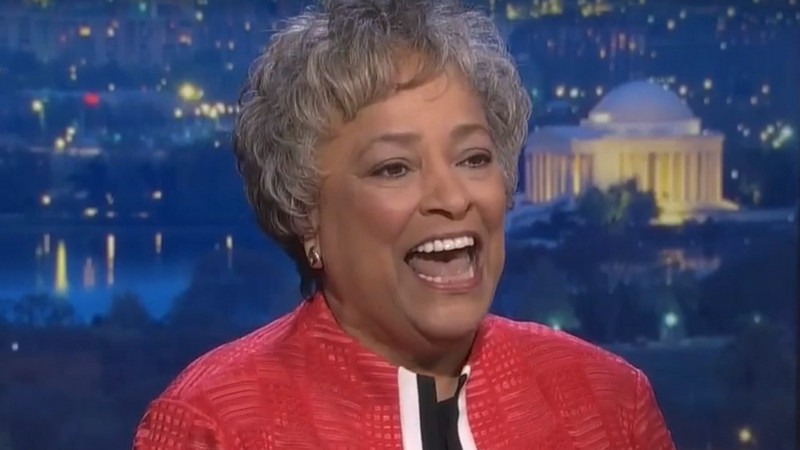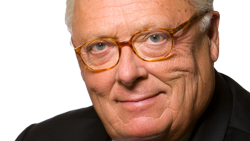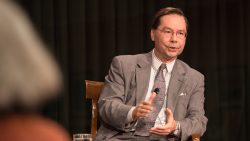The Heritage Foundation, the massive “think tank” at the heart of the powerful political and policy infrastructure built by right-wing funders over the past five decades, announced Monday that it had created a National Coronavirus Recovery Commission to help America “save lives and livelihoods” and discover “the steps needed to move prudently toward recovery.” Ronald Reagan’s snarky anti-government quip that the nine most terrifying words in the English language are, “I’m from the government, and I’m here to help” might well be applied to the Heritage Foundation giving itself the job of helping the U.S. recover from the current crisis.
At a time when frontline medical workers risk their lives without access to protective gear, and states are forced by the administration to compete with each other in the profiteering marketplace for scarce life-saving medical supplies, Heritage is here to draw us an economically libertarian, small-government “road map to America’s post-pandemic future.”
The new commission—which is holding its first videoconference meeting this Thursday, Apr. 9—will compile “a final report for presentation to the American people and their policymakers.”
Heritage has a long history of preparing right-wing policy road maps beginning with the “Mandate for Leadership” that President Reagan used as his anti-tax, anti-regulation, anti-government guide to begin rolling back decades of policies grounded in the New Deal and its progressive successors.
In the months before the emergence of the COVID-19 pandemic, Heritage was publishing arguments against both Medicare for All and “public option” proposals for a public alternative to private insurance, while warning Americans not to look fondly at Canada’s national health care system. Heritage has urged states not to expand Medicaid coverage under the Affordable Care Act.
It’s important to note that the Heritage Foundation’s anti-regulation approach to economics doesn’t apply to social policy, where Heritage zealously promotes a religious-right agenda of opposition to legal equality for LGBTQ Americans and abortion. It has cheered the Trump administration’s efforts to restrict access to abortion and pushed the administration and anti-choice lawmakers to do more to make federal policy grant legal protection to fertilized eggs from the moment of conception.
In fact, for years the Heritage Foundation attempted to define actual libertarians out of the conservative movement by insisting that true conservatives must embrace right-wing policies on family and culture as well as economics. One fruit of this “Indivisible” project was a booklet in which people traditionally associated with economic policy issues wrote about family and cultural issues and vice versa. So, for example, it includes an essay by anti-LGBTQ activist Harry Jackson about the evils of minimum wage laws, which he wrote are a form of coercion of employers that “reminds me of slavery.”
The commission will be “spearheaded” by Heritage Foundation President Kay Coles James. Among the “commissioners” on Heritage’s self-proclaimed “national” coronavirus commission are Edwin Fuelner, the founder of the Heritage Foundation; John Allison, former president of the libertarian Cato Institute; former Virginia governor and senator George Allen, who is now affiliated with the right-wing Young America’s Foundation; Hispanic evangelical leader Samuel Rodriguez, a Trump supporter who blesses right-wing economic policy as biblically grounded; former Sen. Bill Frist of Tennessee; former Rep. J.C. Watts of Oklahoma; “school choice” advocate Kevin Chavous; and other business leaders and conservative advocates. Two Heritage Foundation leaders who did stints in the Trump administration are serving as co-executive directors of the commission, Charmaine Yoest, vice president of the Institute for Family, Community, and Opportunity, and Paul Winfree, director of the Thomas A. Roe Institute for Economic Policy Studies.









